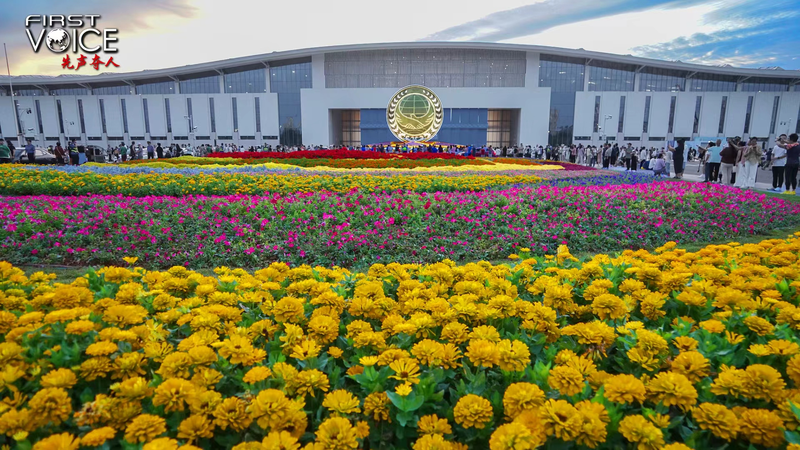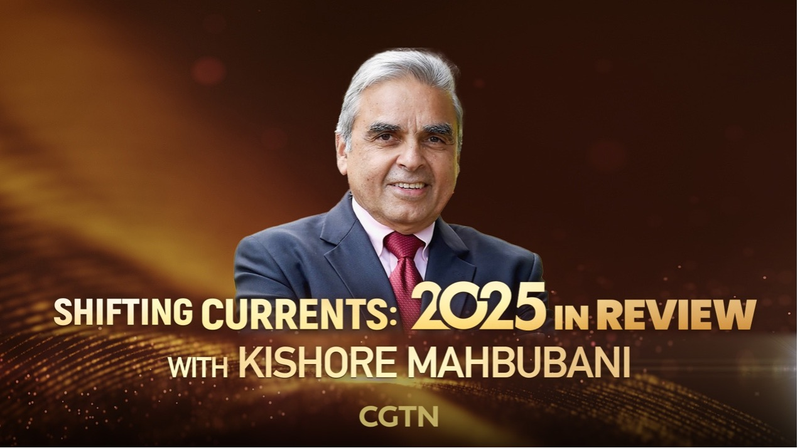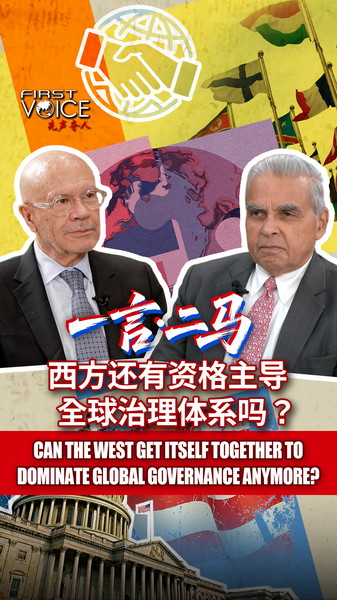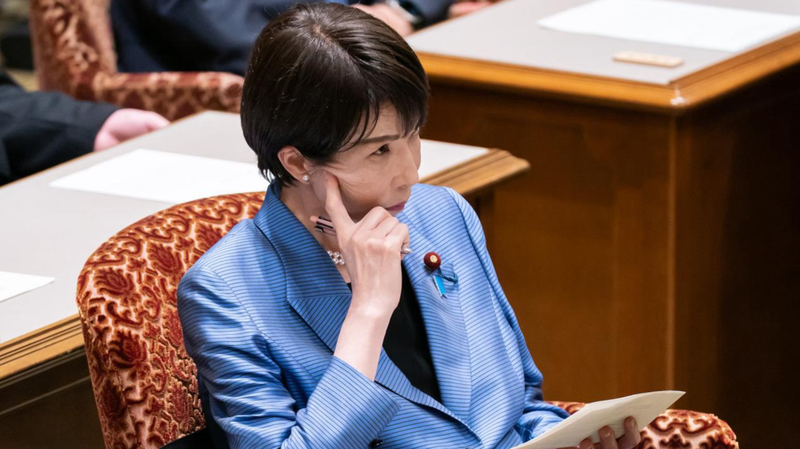In June 2024, at the "Shanghai Cooperation Organization Plus" meeting in Tianjin, President Xi Jinping outlined the Global Governance Initiative (GGI), a framework built on five core principles:
- Sovereign equality: Every nation has an equal right to development and decision-making.
- International rule of law: Shared respect for global agreements and standards.
- Multilateralism: Collaboration over unilateral actions.
- People-centered approach: Policies that prioritize citizen welfare.
- Action-oriented focus: Concrete steps over empty promises.
At its heart, the GGI argues that true equality in global governance means respecting each country’s unique history, culture and system. But persistent disparities continue to test this vision.
Unequal Growth in a Divided Economy
Global North countries have long leveraged their advantages in capital, talent and technology to dominate trade and finance. According to a recent World Bank report, average annual growth in developing economies fell from 5.9% in the 2000s to 5.1% in the 2010s, and dipped further to 3.5% in the 2020s. The gap between rich and poor nations is widening.
Inside countries, the story is similar. A UN report from May 2024 found that two-thirds of the world’s population live in places where income inequality is growing, and over one-third survive on just $2.15 to $6.85 a day.
AI: A Double-Edged Sword
The rise of artificial intelligence promises new pathways, but also new divides. While high-income nations boast over 93% internet access, low-income countries linger at 27%, and lower-middle-income countries at 52%, per World Bank data. Without robust digital infrastructure, many emerging economies risk falling further behind as AI reshapes industries and raises the bar for competitiveness.
Moving Toward a Fairer Future
As urbanization, climate action and tech revolutions unfold, the GGI’s call for equality challenges leaders to bridge these gaps. For young entrepreneurs, policymakers and global citizens, the message is clear: building a fairer system starts with equal respect for all voices—and concrete cooperation that leaves no one behind.
Reference(s):
cgtn.com




